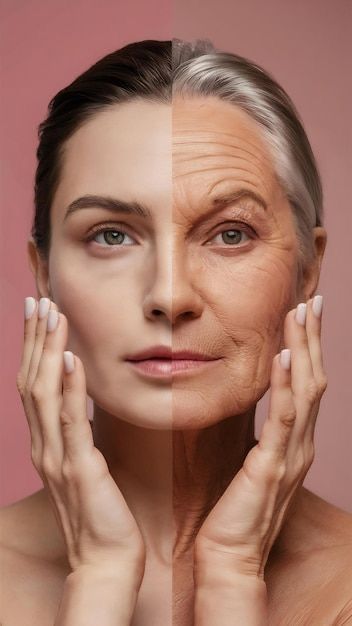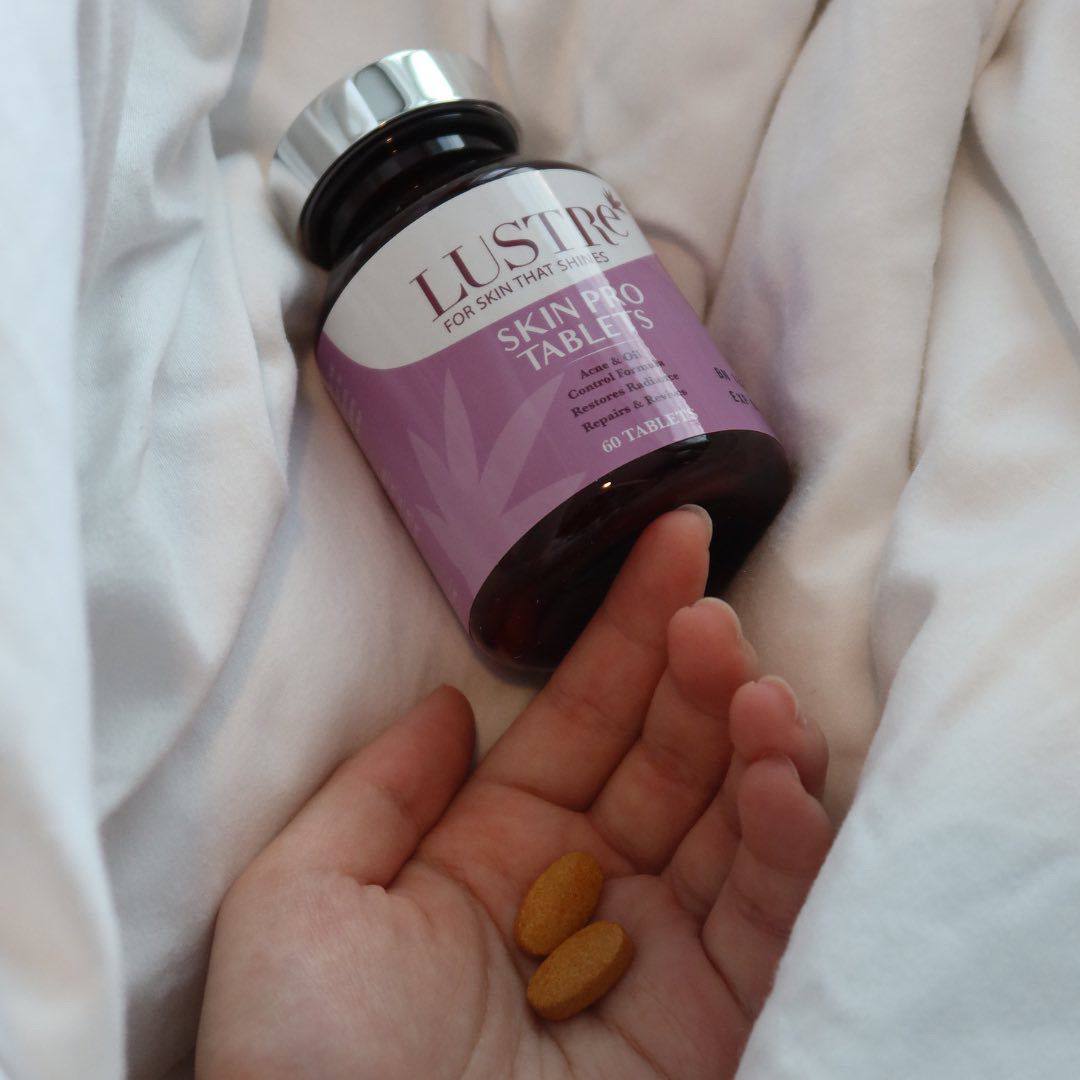Collagen Isn't Just for Your 40s — Why Starting in Your Late 20s Might Be the Secret to Glowing Skin and Stronger Joints

When we hear “collagen,” most of us imagine it’s something we’ll need later in life—maybe in our 40s or 50s, when fine lines and creaky joints start making an entrance. But here’s the truth: collagen production starts to decline as early as your mid-20s. Yes, that early.
So if you’re in your late 20s or early 30s wondering when to start taking collagen, the short answer is: right now might be the perfect time.
Let’s break down why.
What Is Collagen, and Why Should You Care in Your 20s and 30s?
Collagen is the most abundant protein in your body. It acts like a glue that holds everything together—from your skin and hair to your joints, bones, and muscles. It's basically your body’s natural scaffolding.
But here’s the catch: your body’s collagen production slows down around age 25. And by the time you hit your early 30s, you might already start to notice subtle changes—your skin feels a bit less bouncy, your knees aren’t quite as forgiving after a jog, or maybe your hair doesn’t grow as quickly as it used to.
That’s not just “aging.” It’s collagen depletion in action.
When Does Collagen Production Decline?
You might be surprised to know that research has confirmed this decline happens sooner than most of us think.
🧪 One study published in the American Journal of Pathology found that collagen production drops by about 1% every year starting in your mid-20s. This might not sound like much, but it adds up quickly—especially in areas like your face, neck, and joints where collagen loss is most noticeable.
🧪 Another study in the Journal of Cosmetic Dermatology showed that women experience a 30% reduction in skin collagen during the first five years of menopause, but the gradual dip begins well before that. By your 30s, your skin's ability to repair and retain elasticity is already on a downward trend.
So, if you're aiming for prevention over correction, your late 20s to early 30s is the golden window to start supporting your collagen levels.
Why Starting Early Makes a Huge Difference
Think of collagen like a savings account. The earlier you start saving (or in this case, supplementing), the more “collagen capital” you’ll have as the years go on. Starting in your late 20s helps your body:
-
Slow down visible aging before fine lines show up
-
Maintain skin hydration and elasticity
-
Support joint and muscle function, especially if you're active or into fitness
-
Strengthen hair and nails naturally
-
Keep your bones stronger, as collagen is essential for bone density
The idea isn’t to fight aging—it’s to age well.
Can’t I Just Get Collagen From Food?
Yes… and no.
Bone broth, fish skin, and chicken cartilage are great natural sources of collagen. But here’s the reality: you’d need to consume a lot of them consistently, in the right form, to see noticeable effects.
That’s why collagen supplements—especially hydrolyzed or “high-grade” collagen peptides—are a smart, more convenient option. These are broken down into smaller molecules so your body can absorb and use them efficiently.
How Our Lustre High Grade Collagen Helps You Stay Ahead of Aging
If you’re ready to start giving your body the collagen boost it needs, Lustre High Grade Collagen is a solid place to begin.
Unlike standard collagen powders, Lustre’s formula is designed to work from within. It uses premium hydrolyzed collagen peptides—which means they’re broken down into absorbable forms your body can actually use. It’s not just skin-deep: Lustre’s collagen supports:
-
Youthful, glowing skin from the inside out
-
Improved skin texture and hydration
-
Stronger joints, bones, and muscles
-
Hair and nail health
-
Faster recovery from workouts and daily wear and tear
It’s also incredibly convenient—no messy powders, no fishy taste, and no guesswork. Just a practical way to support your long-term skin and joint health every day.
How Long Does It Take to See Results?
Collagen isn’t an overnight miracle—but it does work.
Most people start to notice results after 4 to 8 weeks of consistent use. Your skin may feel more hydrated and plump, and if you’re active, your joints might feel more flexible. The key is consistency. Collagen builds up gradually, so the earlier you start, the better the payoff.
Do Men Need Collagen Too?
Absolutely. Collagen isn’t just a beauty trend—it’s a health essential. Men also experience collagen decline, and supplementing can help with joint mobility, skin aging, and muscle strength.
Final Thoughts: Start Now, Thank Yourself Later
Waiting until your 40s or 50s to start collagen supplements might be like trying to fix the roof after it starts raining. If you're in your late 20s or early 30s, this is your best chance to build a healthy foundation before noticeable signs of aging set in.
Supporting your body now means you’re giving it the tools to stay stronger, longer. Whether it’s for your skin, joints, or overall well-being, collagen isn’t just reactive care—it’s preventive health.
And the best part? It's one of the easiest daily habits you can build.
Ready to Support Your Skin and Body from Within?
Don’t wait for the first wrinkle or joint ache to appear. Try Lustre High Grade Collagen today and start nourishing your beauty and health from the inside out.





